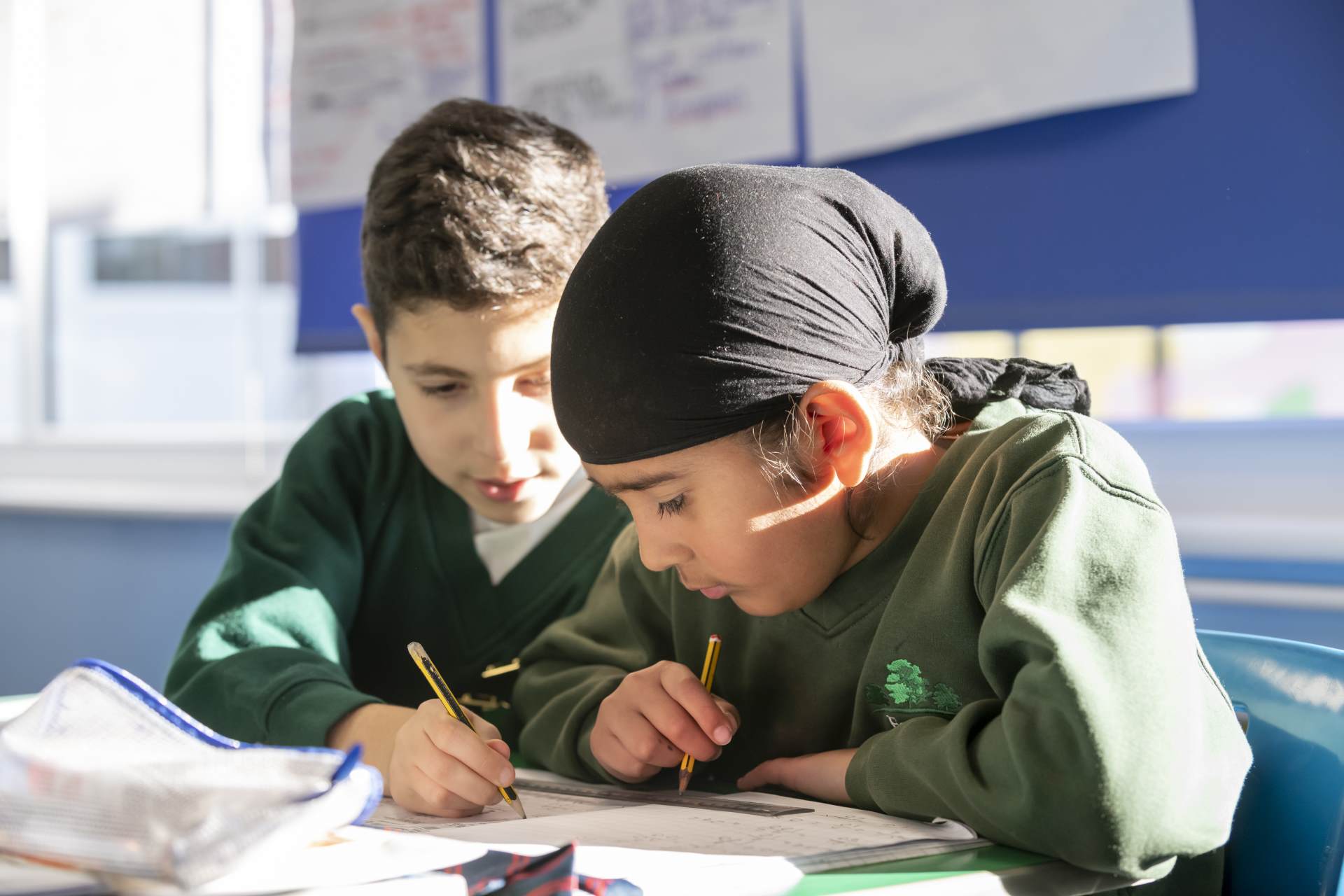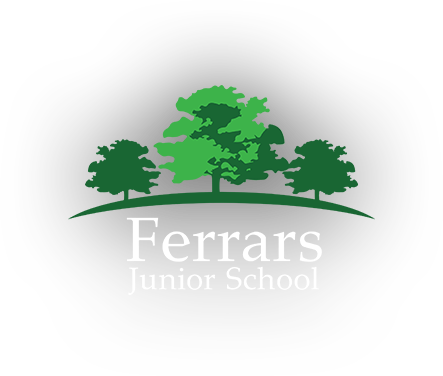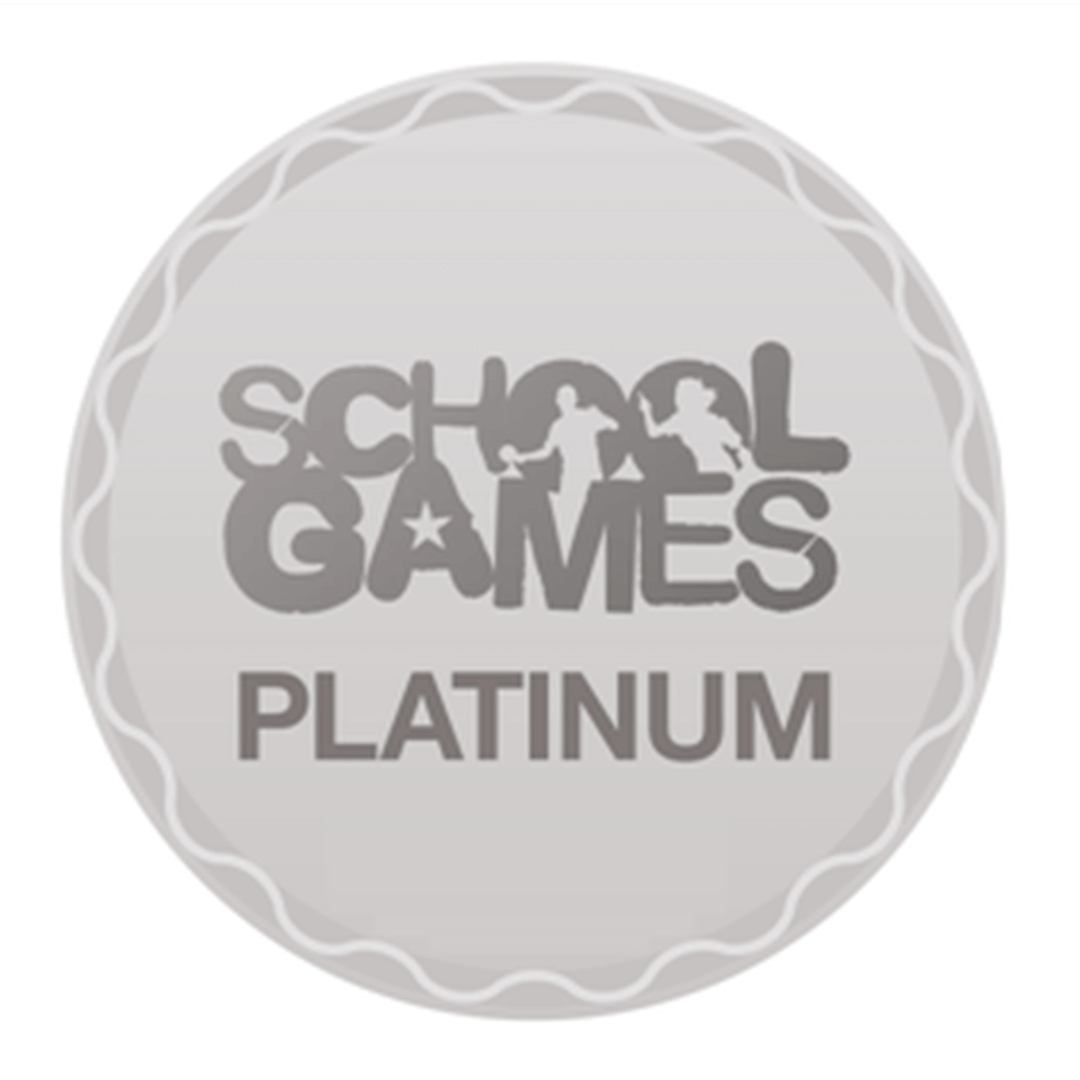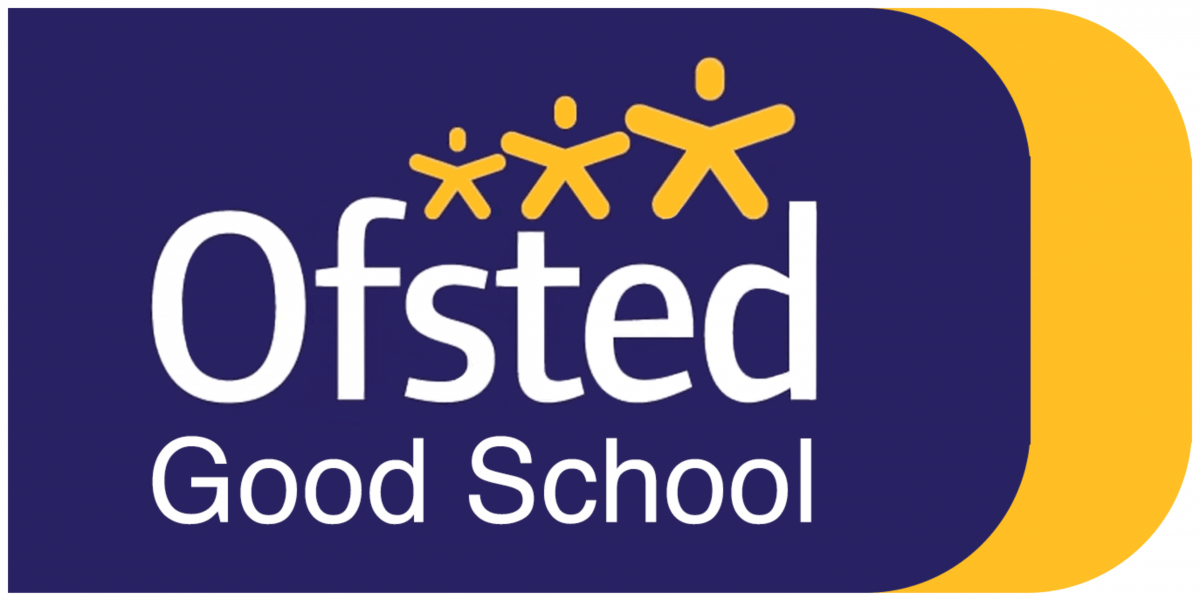History Intent, Implementation & Impact

Intent
At Ferrars Junior School we aim to ignite children’s curiosity about the past in Britain and the wider world through the study of History. Through finding out about how and why the world, our country, culture and local community have developed over time, children understand how the past influences the present. History enables children to develop a context for their growing sense of identity and a chronological framework for their knowledge of significant events and people. What they learn through history can influence their decisions about personal choices, attitudes and values.
We intend that our children will:
- Possess a secure understanding of the chronology of significant time periods and societies, in Britain and beyond.
- Think critically and analytically.
- Discover connections between the History they learn and the wider community today, helping them to appreciate diversity in the modern world and their place within it.
- Further their knowledge of continuity and change over time.
- Differentiate between source types and explain how and why interpretations in History may differ.
- Recognise similarities and differences within and across historical time periods.
- Conduct enquiries into historical themes and questions and form their own opinions and interpretation of the past based on evidence.
Implementation
To ensure that pupils develop a secure knowledge that they can build on, our History curriculum is organised into a progression model that outlines the skills, knowledge and vocabulary to be taught in a sequentially coherent way. Chronological Understanding; Historical Understanding; Historical Enquiry; Interpretations of History; Organisation and Communication are all mapped out to ensure that pupils build on secure prior knowledge.
In History, pupils at Ferrars Junior School find evidence, weigh it up and reach their own conclusion. To do this successfully, as historians, they need to be able to research, interpret evidence, including primary and secondary sources, and have the necessary skills to argue for their point of view; skills that will help them in their adult life.
The progression of knowledge and skills are set out in order to build and develop the following concepts:
- Chronological understanding
- Significance
- Similarity and difference
- Cause and consequence
- Continuity and change
- Enquiry
- Interpretation
Lessons will develop long-term memory by allowing for repetition of learning within the year and across years.
Impact
- Children are engaged, curious and resilient in History lessons and relish the challenge and opportunities for fun that the subject offers.
- Children are able to articulate what they have learned in History and can describe significant periods, events and people from the past.
- Children are critical and analytical in their thinking, making informed and balanced judgements based on their knowledge of the past.
- Children are aware of how historical events have shaped the world today, including History at the local and personal level.
- Children develop enquiry skills to pursue and investigate their own interests within a topic.
- Children retain learning and explicitly make connections between what they have previously learned and what they are currently learning.
- Children remember more, know more and can do more.
We will monitor the impact by scrutinising and supporting the planning process, assessing and recording the information on our electronic tracking system DcPro, learning walks, book looks and speaking to children and teachers.








